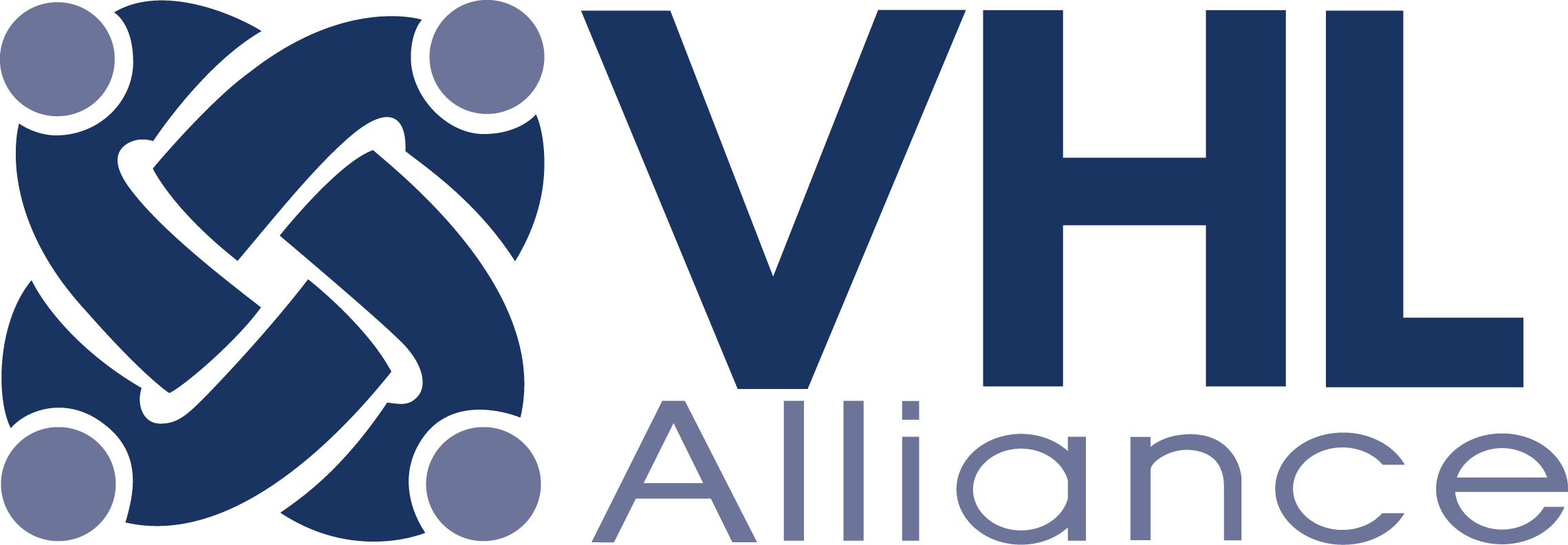
FDA’s Welireg Approval A ‘Complete Game Changer’ for Certain Cancers Associated With VHL Disease

The approval of Welireg, according to an expert at Massachusetts General Hospital, is “extremely important” and will “dramatically” change how certain von Hippel-Lindau-associated cancers are treated.
The Food and Drug Administration’s (FDA) recent approval of Welireg (belzutifan) offers patients with von Hippel-Lindau (VHL) disease who do not require immediate surgery for renal cell carcinoma (RCC), central nervous system (CNS) hemangioblastomas, or pancreatic neuroendocrine tumors (pNET) a fascinating treatment option.
“It’s a fascinating and extremely important drug approved for VHL patients,” said Dr. Othon Iliopoulos, an associate professor of medicine at Harvard Medical School and director of the VHL Clinical Care Center at Massachusetts General Hospital, in an interview with CURE®. “So, this is the first time that we have an oral, well tolerated medication, which is very highly efficacious for the treatment of three types of tumors that are associated with VHL disease.”
The approval comes following phase 2 study results that demonstrated that treatment with Welireg was associated with an overall response rate (a percentage of patients with a partial or complete response to treatment) of 49% in patients with VHL-associated RCC. For patients with CNS hemangioblastomas and pNET, the overall response rate was 63% and 83%, respectively.
Iliopoulos, who is also a member of the VHL Alliance board of directors and chair of the VHL Alliance clinical advisory council, explained that these results were dramatic, and that the FDA did not require or ask for a phase 3 study comparing the drug to a placebo. In fact, he said the results showed such a clear benefit that the agency did not have any doubts it would impact the disease.
Welireg was administered at the recommended dose of 120 milligrams (mg) once a day to 61 patients with VHL associated RCC, as well as CNS hemangioblastomas and pNET. Patients were then followed for a minimum of 18 months to assess the long-term efficacy of the treatment.
A duration of response (the length of time that a tumor continues to respond to treatment without the cancer growing or spreading) of at least 12 months was achieved in 56%, 73% and 50% of patients with VHL-associated RCC, CNS hemangioblastomas and pNET.
Iliopoulos also noted that this approval will “dramatically” change how this patient population is treated. Previously, these patients would have their lesions surgically removed once the lesion reached a certain size. However, as Iliopoulos highlighted, the approval of Welireg may now help patients avoid surgery entirely, including the morbidity and complications associated with a procedure.
“There was no previous medication; it was a huge unmet medical (need),” Iliopoulos explained. “It is a complete game changer for VHL disease.”
Of note, some common side effects that occurred in at least 20% of patients included low blood count levels, anemia, fatigue, kidney disease, headache, dizziness, increased glucose, and nausea. Some patients experienced severe side effects including anemia and low oxygen levels in the blood.
However, Iliopoulos reassured patients that the side effects do not invalidate the efficacy of the drug.
“I’ve been treating patients with chemotherapy for 30 years now, and this is an amazingly well tolerated medication,” he concluded.
For more news on cancer updates, research and education, don’t forget to




